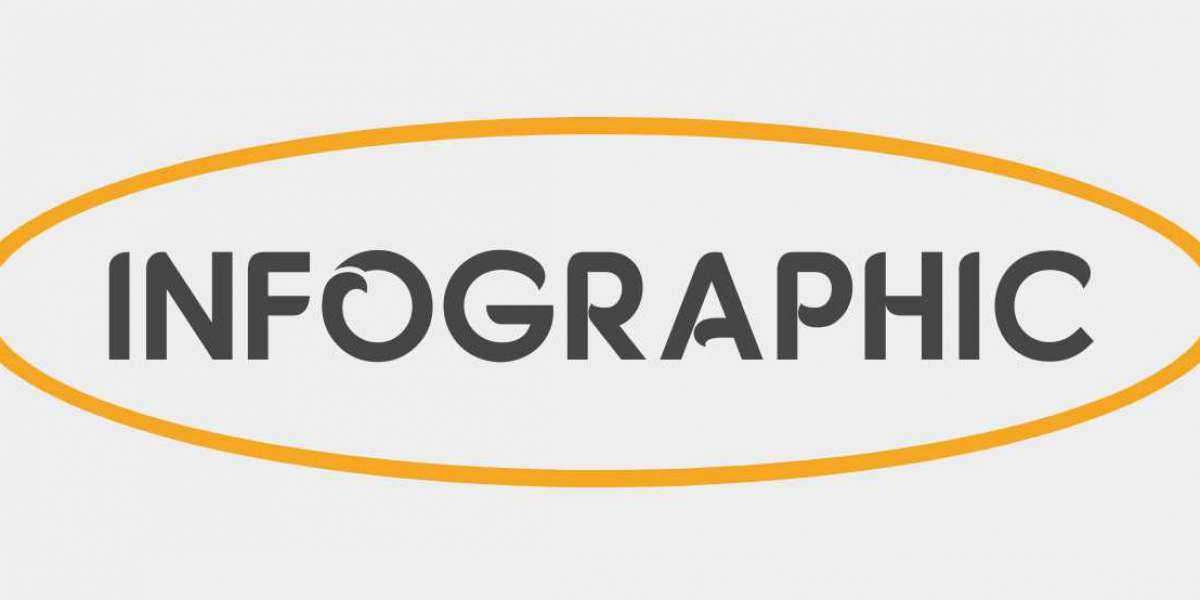The first one relies on physical characteristics (such as size, density, electric fluctuations, and deformability), and methods include density gradient centrifugation, membrane filtering, and capture platforms based on microchips. The physical attribute of single cell isolation without labeling is the most advantageous. The second one is based on the biological features of cells and consists of affinity ways based on the qualities of cellular protein production, such as affinity solid matrix (beads, fibers, and plates), fluorescence-based method, and magnetic-based method. We can see that our technologies consist of, but are not restricted to:
Fluorescence-activated cell sorting (FACS): many parameters, excellent selectivity, and throughput
Magnetic-activated cell sorting (MACS): a cost-effective method with excellent throughput and specificity
Microdissection using laser capture (LCM) - Whole, preserved, and living tissue
Hand-selected cells or micromanipulation - Living, intact tissue
Microfluidic platforms: amplification coupled with high throughput and minimal sample consumption
Additional techniques include robotic micromanipulation, oral pipetting, serial dilution, and flow-assisted cell sorting.



